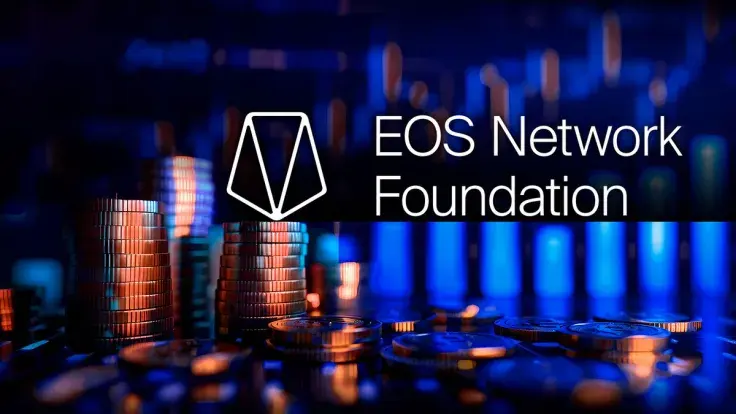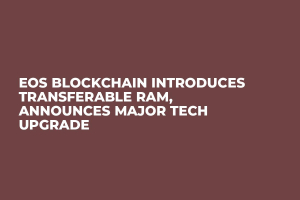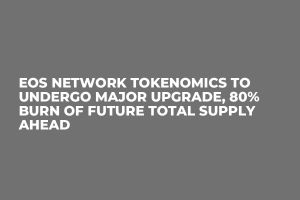
Starting today, July 8, 2024, all stakers of EOS coin will be able to receive rewards for their contribution. In total, 250 million EOS will be allocated by the foundation to the program's ongoing activities. Native EOS staking offers much more attractive APY rates compared to mainstream DeFi protocols.
EOS stakers to grab 85,600 EOS daily as new program kicks off
Per the official announcement of the EOS Network Foundation, the nonprofit behind the development and progress of the EOS blockchain, it launches a 250 million EOS staking rewards program as part of the network’s revamped tokenomics plan.
The initiative goes live today, July 8, 2024. Under the new staking rewards schedule, 85,600 EOS tokens will be distributed daily to stakers.
The revamped EOS staking program rewards early stakers for participating, with an initial APY of over 60% available. As such, a total of 31 million EOS tokens will be distributed per year to stakers.
In 2024, the EOS Network tech design and community management are going through major revamping. After a number of upgrades to its consensus algorithm, EOS Network Foundation initiated the transition of its tokenomics.
Also, EOS changes the structure of its RAM market, a core platform responsible for the exchange of resources between various network participants and an additional method of monetization for EOS network actors.
EOS staking changes narrative in blockchain's economics
The EOS Staking Rewards Program has other notable enhancements. The lock up period for staking has increased from four to 21 days. EOS Block Producers (BPs) will begin receiving network-generated fees on top of their block reward income, further incentivizing infrastructure providers as network demand increases.
As covered by U.Today previously, EOS is in the middle of the most radical transformation of its tokenomic processes ever. In Q2, 2024, the new EOS token program was introduced to reduce the token's FDV by 80%.
Also, the community of validators agreed to implement four-year halving cycles designed to moderate the influx of tokens into the market, ensuring a controlled release. This step will make EOS tokenomics more predictable and resistant to selling pressure.
To accelerate the progress of the EOS dApps ecosystem, validators decided to allocate support funds for middleware tooling. The program will be focused on enhancing the usability of EOS to bridge the gap between the Web2 and Web3 experiences.


 Vladislav Sopov
Vladislav Sopov Dan Burgin
Dan Burgin